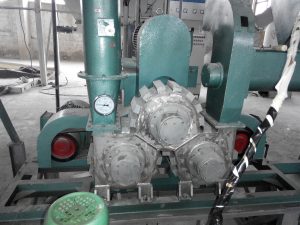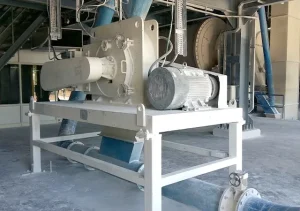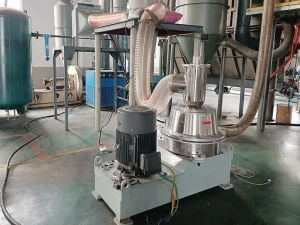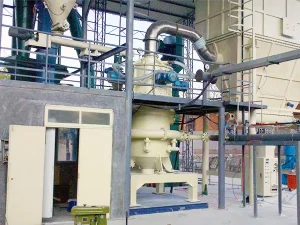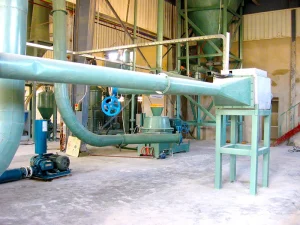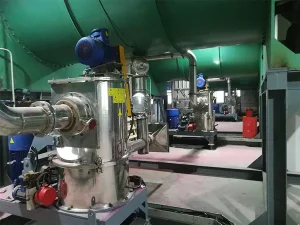Mineral
There are more than 3000 kinds of minerals currently known in nature, and more than 200 kinds of common minerals. Among them, silicate minerals account for about 90% of the earth’s crust. Other important mineral groups include natural elements, sulfides, oxides, halides, carbonates, sulfates and phosphates.
Minerals are widely used in industry. Salt, borate, barite, quartz sand, gypsum, etc. are widely used as raw materials in the chemical industry; limestone and fluorite are used as combustion aids in steelmaking; graphite, magnesite, foundry sand and refractory clay are used in metallurgy; Phosphates, nitrates and potash are essential in fertilizer manufacturing; various other industrial minerals are used in ceramics, grinding, oil well drilling, mud, filtration, etc.
In polymer materials such as plastic, rubber, adhesives and composites used in non-metal powder filler, such as calcium carbonate, kaolin, talc, silica, wollastonite, asbestos, magnesium hydroxide and aluminum hydroxide, etc., The surface of the filler must be modified to enhance its compatibility with the matrix, dispersibility, mechanical strength and comprehensive performance.
“Green and high value” is the principle that EPIC follows in industrial mineral processing. In the long-term practice, EPIC has accumulated rich experience and can provide a full set of production technology and processing machine for minerals.
EPIC Has Helped Them Solve the Problem
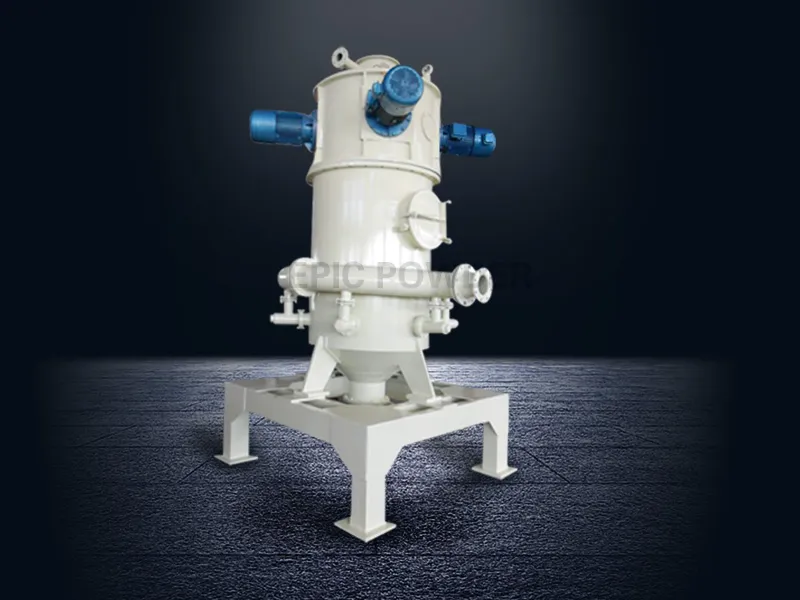
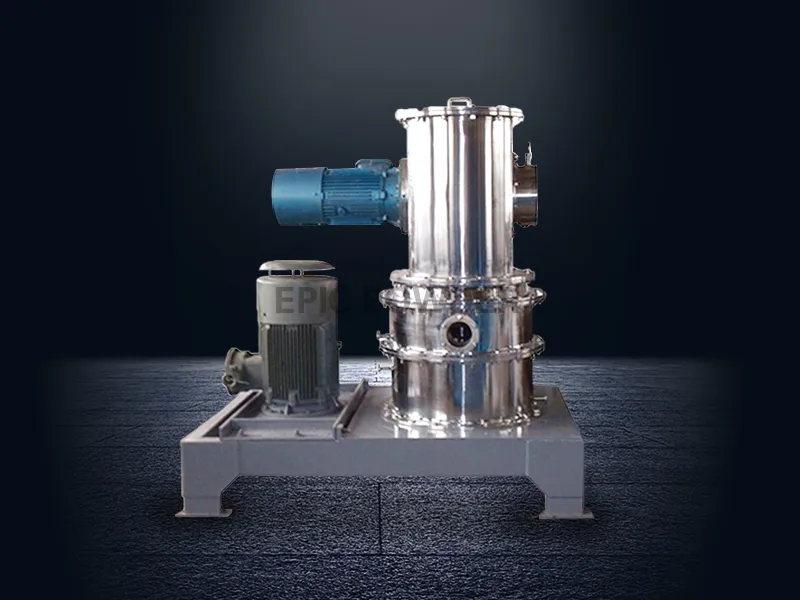
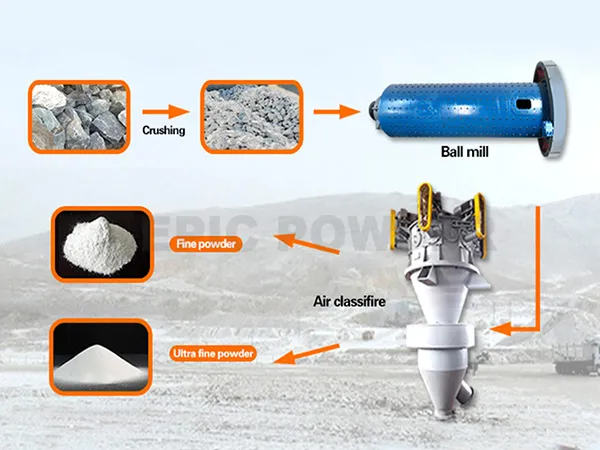
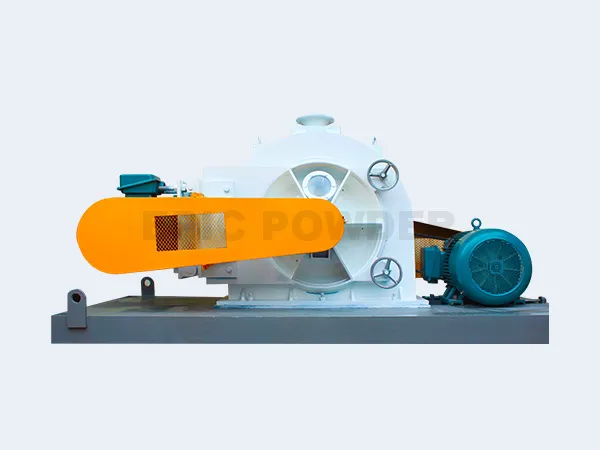
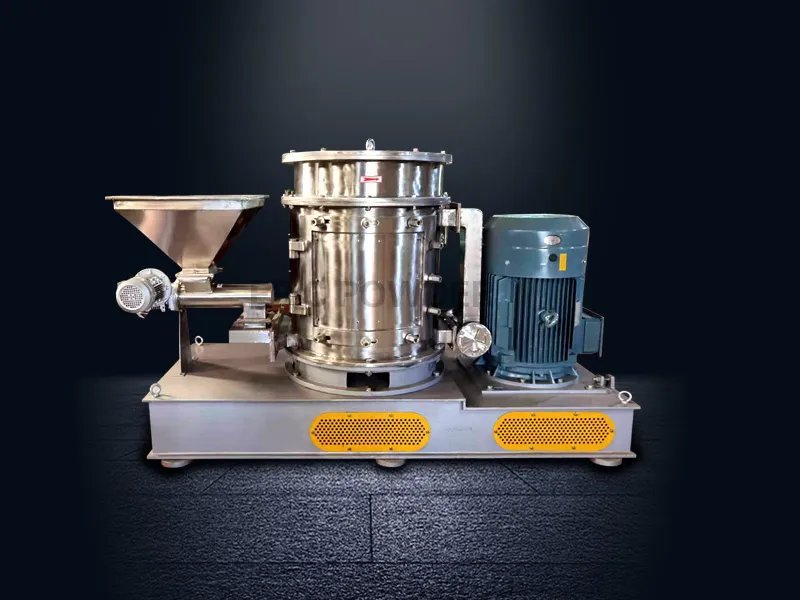
We can provide processes and equipment that meet the following performance indicators
- High produce collection efficiency 99.9%.
- The key parts in contact with the materials are protected by a variety of materials to ensure the purity of the materials to a greater extent.
- Grinding is in closed system, little dust, low noise in a clean and environmentally friendly process.
- It can realize the functions of drying, dispersing and modification at the same time.
- According to material hardness, added value, output, etc., choose a better solution.

